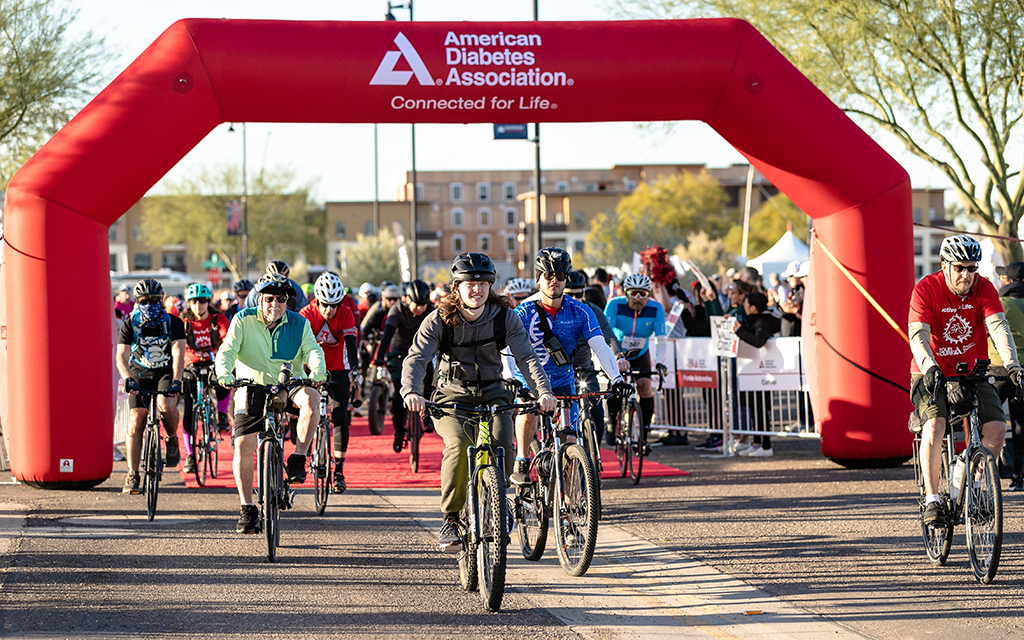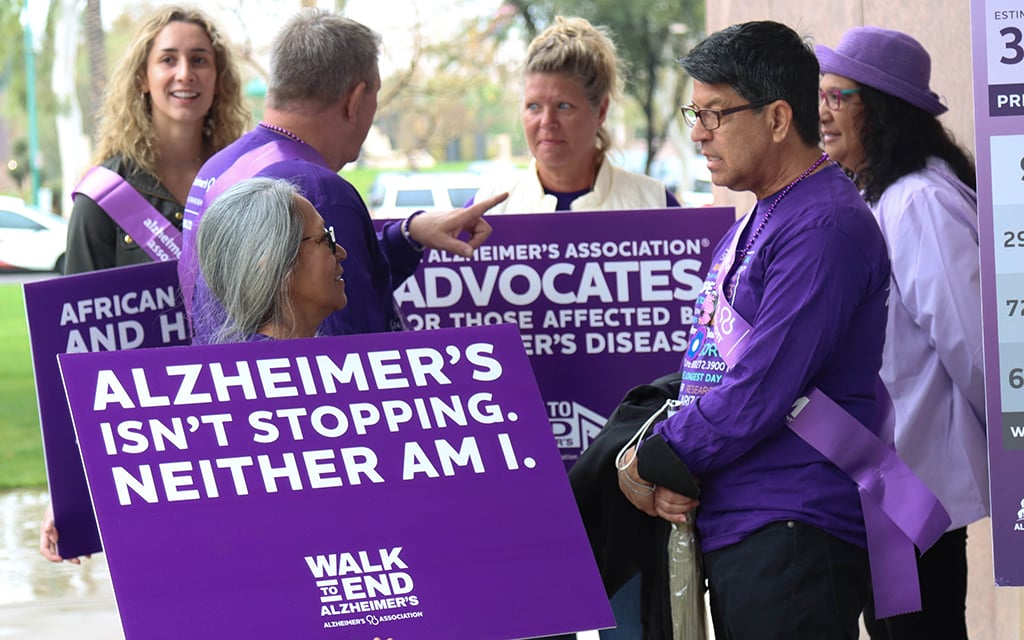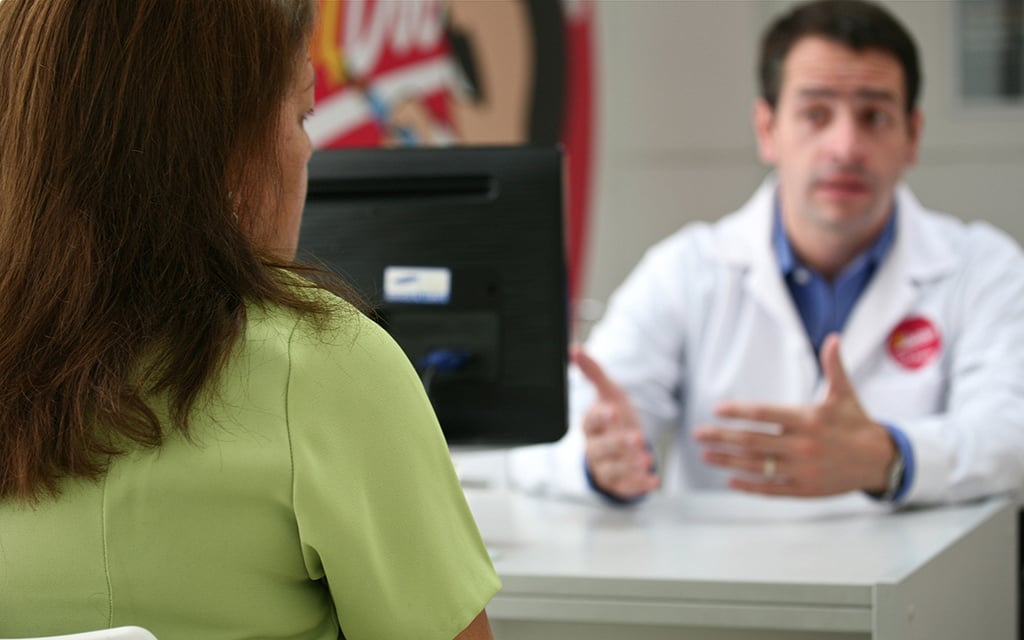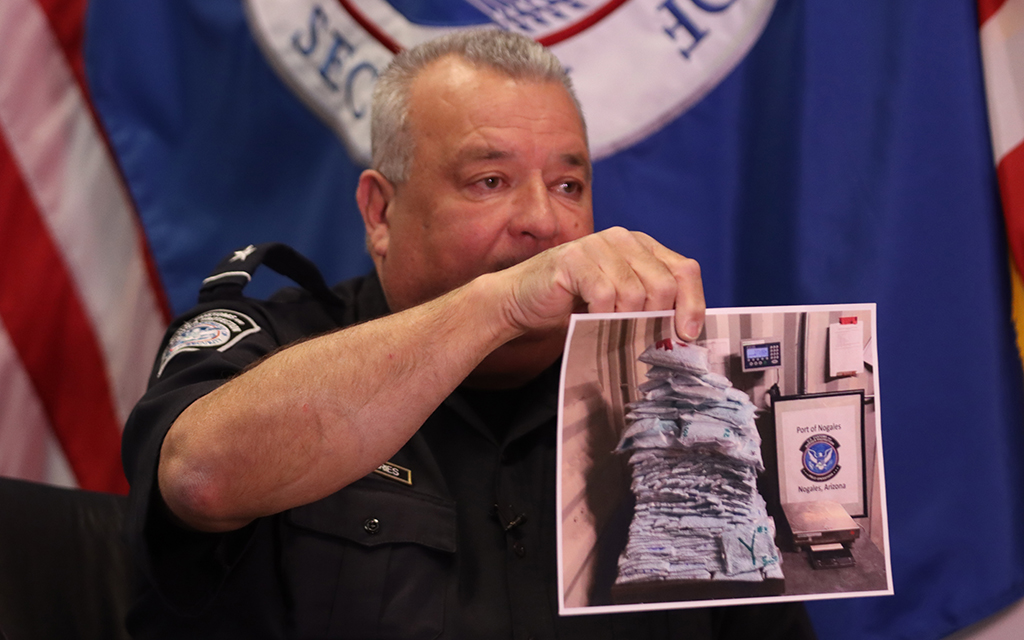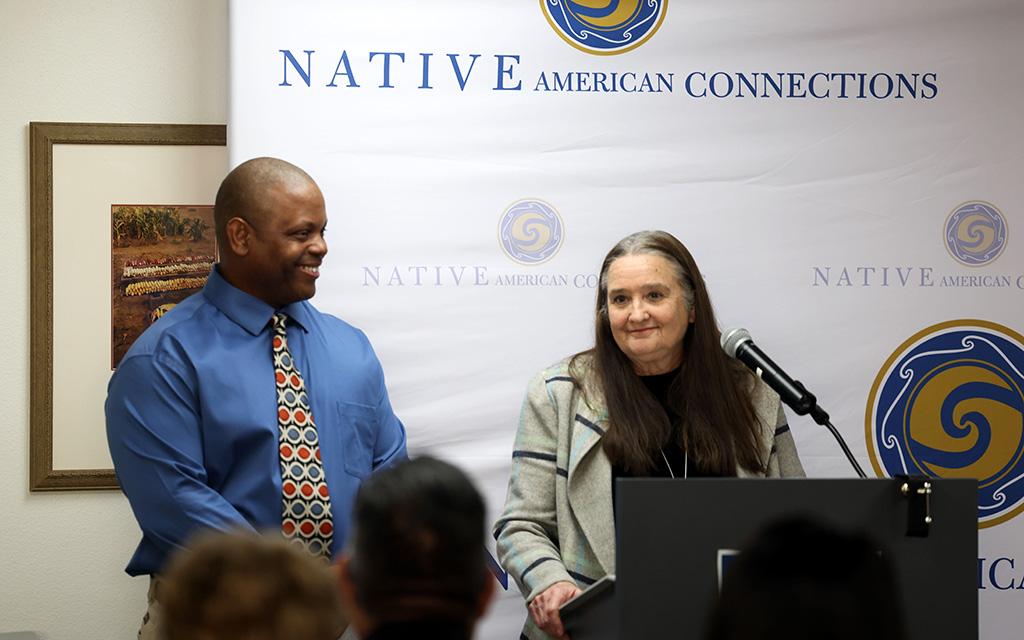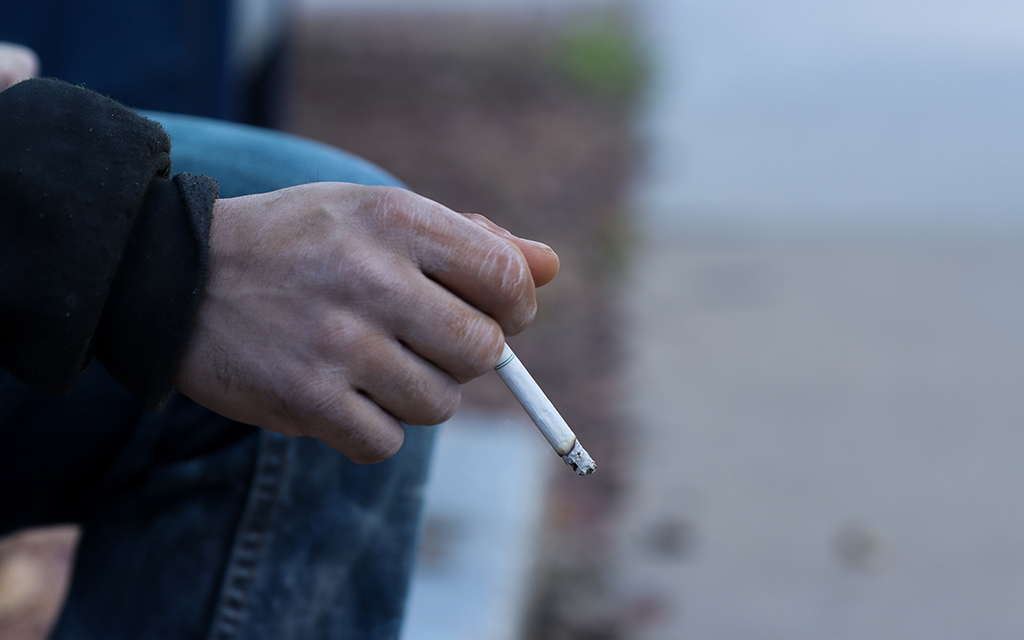Cyclists raise more than $580,000 to battle diabetes in Tour de Cure
GOODYEAR – The American Diabetes Association hosted its annual Tour de Cure to raise money to work toward a cure.
Dementia’s dangerous rise leads legislators to ask up to $500,000 for Alzheimer’s
PHOENIX – Arizona legislators and Alzheimer’s advocates call for the state to step up in dementia care, proposing several bills, including one to bring $500,000 to AZDHS. Arizona has the fastest growth rate in the U.S. of people 65+ diagnosed with Alzheimer’s disease, according to a national Alzheimer’s Association 2023 report.
Black artists connect family, culture and history
PHOENIX – Black art is the great connector – of humanity, of Black history, of family, culture and a vision of life’s value and purpose, according to several Arizona artists who paint, sculpt and create.
‘Above all else, believe us’: Advocates say doctors can show biased behavior toward autistic adults
Several patients say doctors and others in the medical field often show biased behavior toward autistic adults. Advocates say some physicians fail to believe people when they say they are autistic, treat adults like children and use ableist language.
LA County finally following Arizona is ending COVID-19 emergency
LOS ANGELES – The LA County Board of Supervisors voted unanimously to end its COVID-19 emergency declaration. The move comes almost a year to the day after Arizona did the same.
Poison control, dispensaries on alert as kids who accidentally eat marijuana edibles rises
Poison control centers and marijuana dispensaries are sending messages to parents as the number of children who accidentally eat their edibles is on the rise.
‘I will never stop’: Legislative fight against fentanyl continues as drug seizures rise
PRESCOTT — Record amounts of fentanyl passing through the southern border and the death of a beloved daughter spurred a Prescott family to raise awareness and fight for new legislation in Arizona.
Head over wheels: Inside NASCAR’s solution to concussion issues with enhanced Next Gen car
AVONDALE – After three NASCAR drivers suffered concussions this past season, including Arizona’s own Alex Bowman, concerns about the safety of the Gen-7 car were put into question and sparked immediate action from NASCAR.
HomeBase Surprise tackles rising homeless youth population in Arizona
SURPRISE – HomeBase, a transitional living facility for homeless youth, opens a second facility, this time in Surprise. The program works to combat the rising rate of unsheltered youth by offering them housing and education.
Minority groups may face fewer opioid addiction treatment options
LOS ANGELES – Methadone and buprenorphine are the two leading treatments for opioid addiction. Access to the two can differ based on race and economic advantages.
Camp Freedom collaboration car sells for $350,000 at Barrett-Jackson Scottsdale
SCOTTSDALE – Camp Freedom collaborated with Count’s Kustoms and Shelby America on a custom 2021 Shelby Super Snake. The funds from the auction at Barrett-Jackson will fund Camp Freedom’s work providing outdoor experiences to veterans & first responders in need.
Arizona gets failing grades in annual Lung Association tobacco report card
PHOENIX – Arizona lags behind in policies that prevent and reduce tobacco use, according to the American Lung Association’s annual “State of Tobacco Control” report. The state received failing grades in three of five categories and did not improve on any of its grades from last year.
